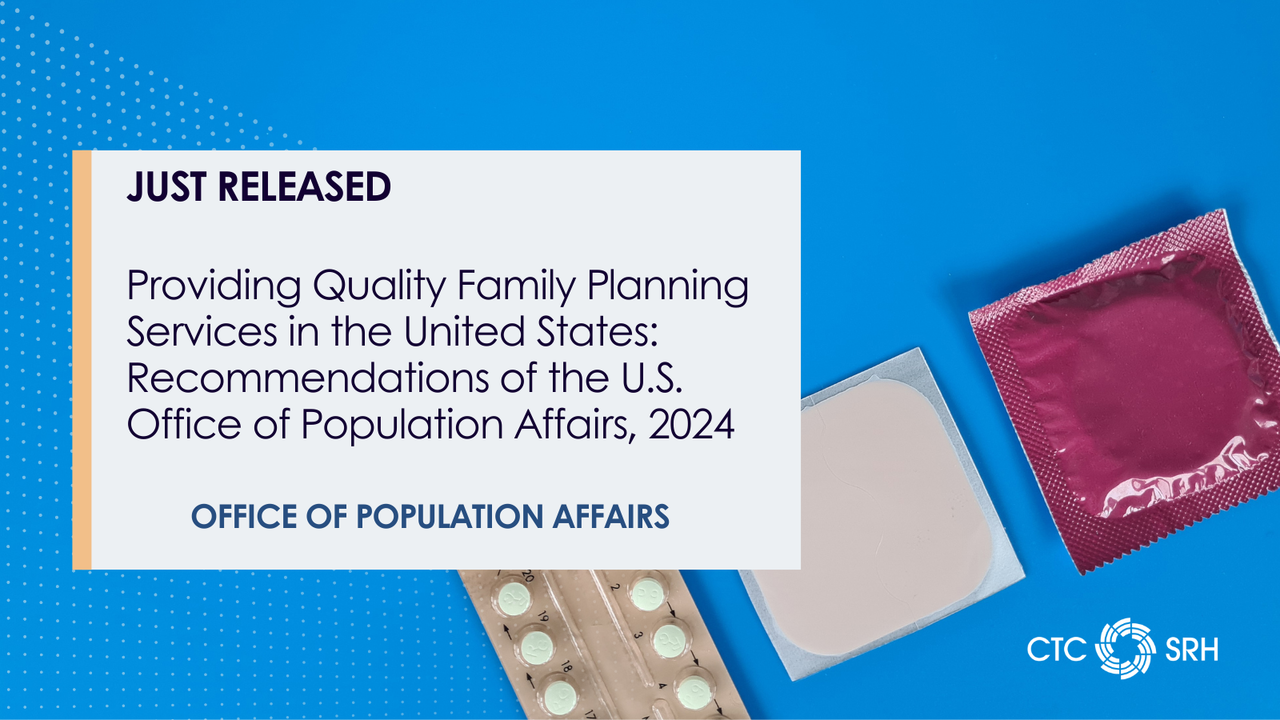Family Planning and Maternal Mental Health
Unplanned Pregnancy and Maternal Mental Health
Research suggests that unplanned/unintended pregnancies may create a mental and physical burden which can lead to poor health outcomes for the mother and baby. Individuals need to make the often difficult decision to carry the pregnancy to term, undergo abortion, choose to raise the child, or consider adoption. These decisions often involve medical, ethical, social, legal, and financial complications, perpetuating added stress which can lead to anxiety and depression. Additionally, unintended pregnancies have been associated with postpartum depression.
Family Planning
The Link: Family Planning and Maternal Mental Health

This brief outlines the available research regarding the relationships between the ability to decide when and how often to have children and maternal mental health. Key definitions, the latest research, emerging reproductive health measures, and policy considerations surrounding family planning, family planning counseling, birth control, and abortion are presented.
Family Planning
National Recommendations for Providing Quality Family Planning Services

These guidelines have been comprehensively enhanced to prioritize patients’ values, preferences, and goals, with a strong focus on social justice. They offer evidence-based recommendations on various aspects of sexual and reproductive health (SRH) services, including:
- Screening for need and desire for services
- Contraceptive counseling, provision, and education
- STI-related preventive health services
- Preventive services related to sexual and reproductive health and wellness
- Family building and basic infertility services
- Quality improvement
Access the updated QFP Guidelines directly by downloading the QFP from the American Journal of Preventive Medicine (AJPM) and review the new QFP Guide – a website dedicated to providing context, resources, and summaries of the new guidelines.
Contraception Access
Advancing Contraceptive Care to Improve Maternal Health Outcomes

Contraceptive care is a critical component of maternal health. This toolkit provides an overview of contraceptive care, explores its impact on maternal health outcomes, and offers strategies to advance access to contraceptive services. Additionally, it highlights successful state initiatives that have improved maternal health outcomes by increasing access to contraceptive care.
Contraception Access
State Policy Strategies to Strengthen Access to Contraceptive Care

Many states are using policies to ensure access to contraceptive care, including strategies to support the healthcare workforce to provide access to contraceptives, provide insurance coverage of contraceptives, and deliver same-day and extended supplies of contraceptives.
Access to contraceptive care has been shown to have many health and economic benefits. States play a key role in supporting access to contraceptive care through the administration of state Medicaid and public health policies and programs, as well as regulation of public and private health insurance plans.
NASHP’s blog post highlights state priorities related to coverage, delivery strategies, and supporting the health care workforce to provide access to contraceptive care. For more on state approaches to covering extended supplies of hormonal contraceptives, check out NASHP’s explainer.